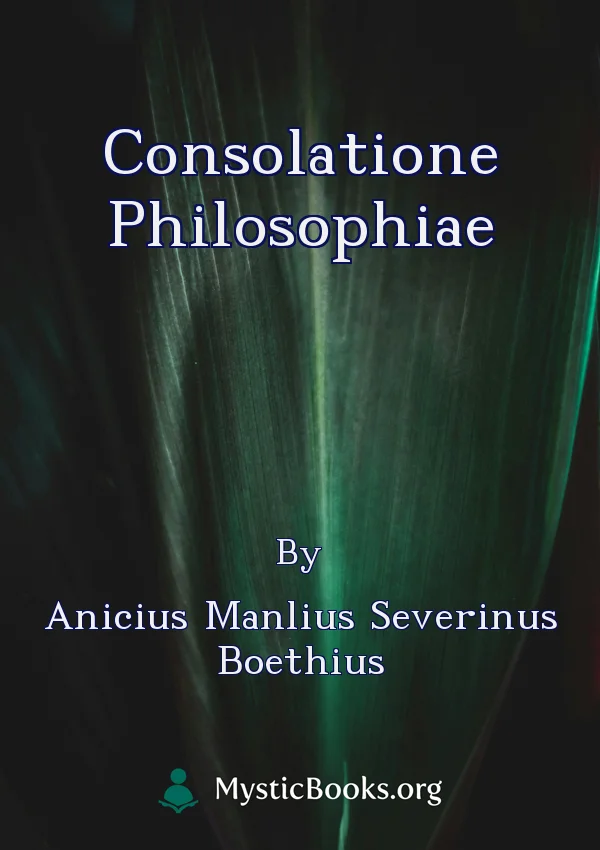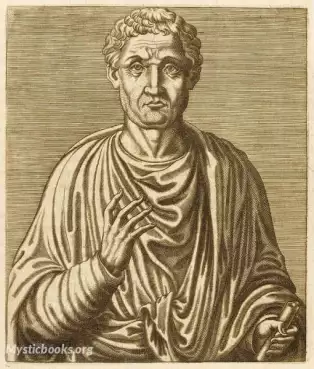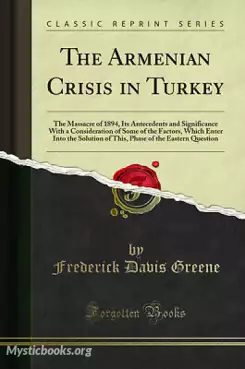
Consolatione Philosophiae
by Anicius Manlius Severinus Boethius
'Consolatione Philosophiae' Summary
Boethius, once a high-ranking official in the Roman Empire, finds himself unjustly imprisoned and facing imminent death. In the depths of his despair, he is visited by Lady Philosophy, who takes the form of a woman. Through a series of dialogues, Philosophy guides Boethius to a deeper understanding of the nature of God, the meaning of true happiness, and the role of reason in overcoming suffering. Boethius learns that true happiness lies not in external fortune but in virtue and in accepting God's will. He discovers that even in the face of injustice, there is a divine order that ultimately governs the universe. Philosophy also challenges Boethius's initial belief in blind fate, arguing instead for a providential order that ultimately serves the good. The work culminates in Boethius finding solace and acceptance in the divine plan, even as he prepares for his execution.Book Details
Language
LatinOriginal Language
Published In
Genre/Category
Tags/Keywords
Authors

Anicius Manlius Severinus Boëthius, commonly called Boethius, was a Roman senator, consul, magister officiorum, and philosopher of the early 6th century. He was born about a year after Odoacer de...
Books by Anicius Manlius Severinus BoethiusDownload eBooks
Listen/Download Audiobook
- Select Speed
Related books

Fuente Ovejuna by Félix Lope de Vega
Fuente Ovejuna is a classic Spanish play by Lope de Vega that dramatizes the uprising of a town against its oppressive governor. The play explores the...

Bible (Reina Valera) 18: Job by Reina-Valera
The Book of Job is a profound exploration of the nature of suffering and the relationship between God and humanity. Through the story of Job, a righte...

Give All To Love by Ralph Waldo Emerson
This is a collection of essays by Ralph Waldo Emerson, one of the most famous American transcendentalists. The essays explore the themes of love, beau...

Exposition on the Book of Psalms (Vol 6 - Psalms 126-150) by Saint Augustine of Hippo
This book is a collection of sermons given by Saint Augustine of Hippo on Psalms 126-150. These sermons provide a detailed exegesis of the Psalms, exp...

Reincarnation: A Study in Human Evolution by Théophile Pascal
This book explores the concept of reincarnation from a theosophical perspective. It discusses the nature of the soul and the bodies, the role of reinc...

The Armenian Crisis in Turkey by Frederick Davis Greene
Frederick Greene shows in this book that the case of the subject races in the Ottoman Empire is desperate, that there is no hope of reform from within...

It Might Have Happened to You by Coningsby Dawson
Coningsby Dawson's "It Might Have Happened to You" offers a stark and poignant account of the immense human suffering, particularly widespread starvat...

Theism or Atheism, The Great Alternative by Chapman Cohen
A thought-provoking treatise on theism and atheism. Cohen argues that atheism is the only rational position in light of the evidence, and he provides...

Vedanta-Sutras with the Commentary by Sankaracarya, Volume 1 by Bādarāyaṇa
The Vedanta Sutras, or Brahma Sutras as they are also known, are a Sanskrit text attributed to the sage Badarayana (also known as Vyasa) written somet...

Eutifrón by Plato (Πλάτων)
El diálogo de Platón, *Eutifrón*, explora la naturaleza de la piedad a través de una conversación entre Sócrates y Eutifrón. Eutifrón intenta justific...
Reviews for Consolatione Philosophiae
No reviews posted or approved, yet...